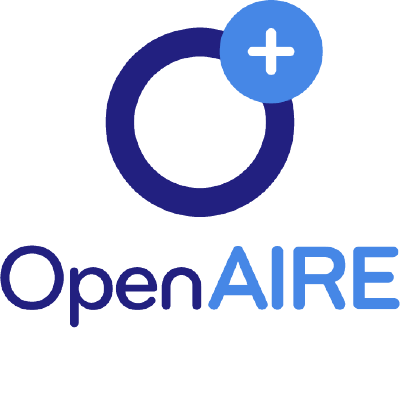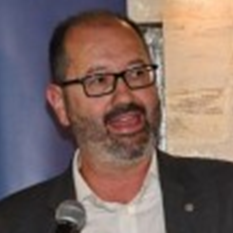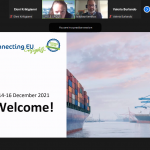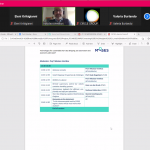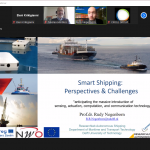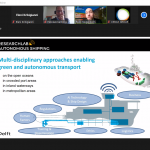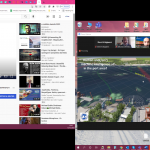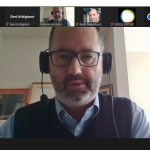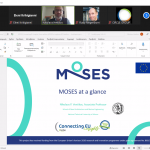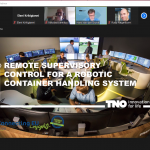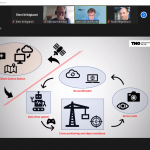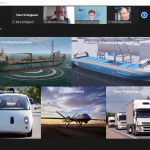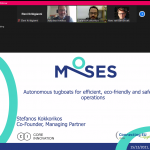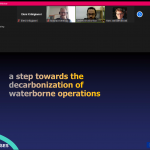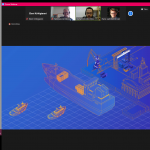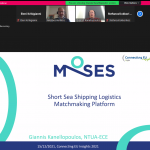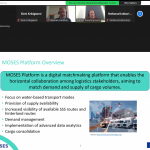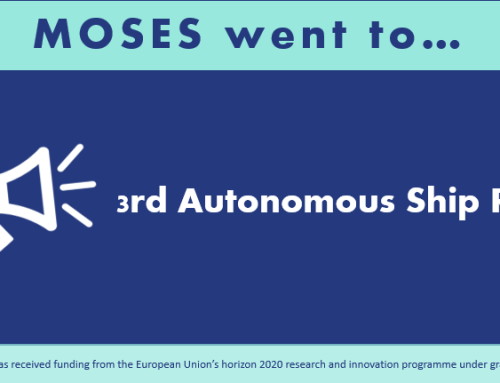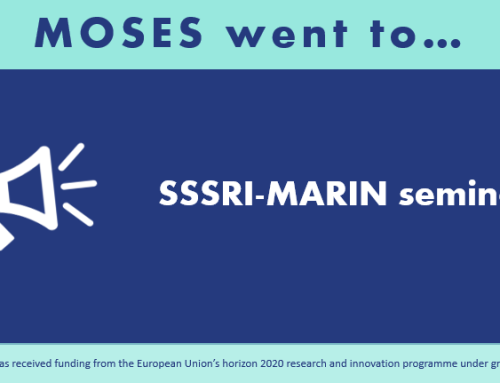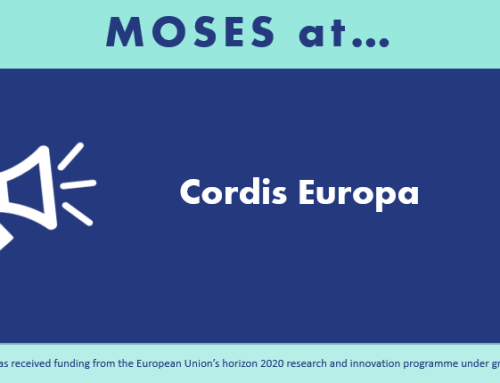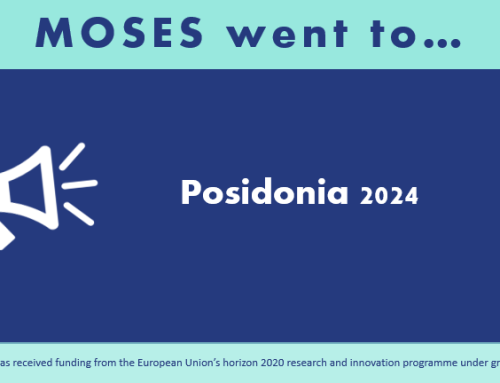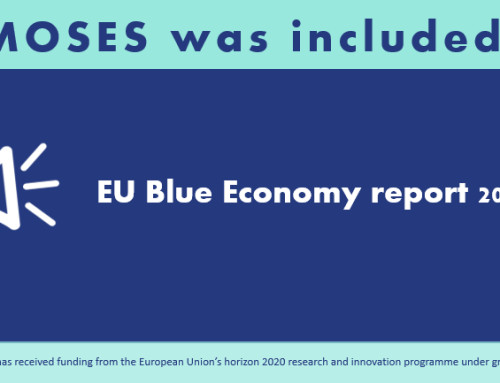Technologies for sustainable Short Sea Shipping: Do automation and autonomy add value?
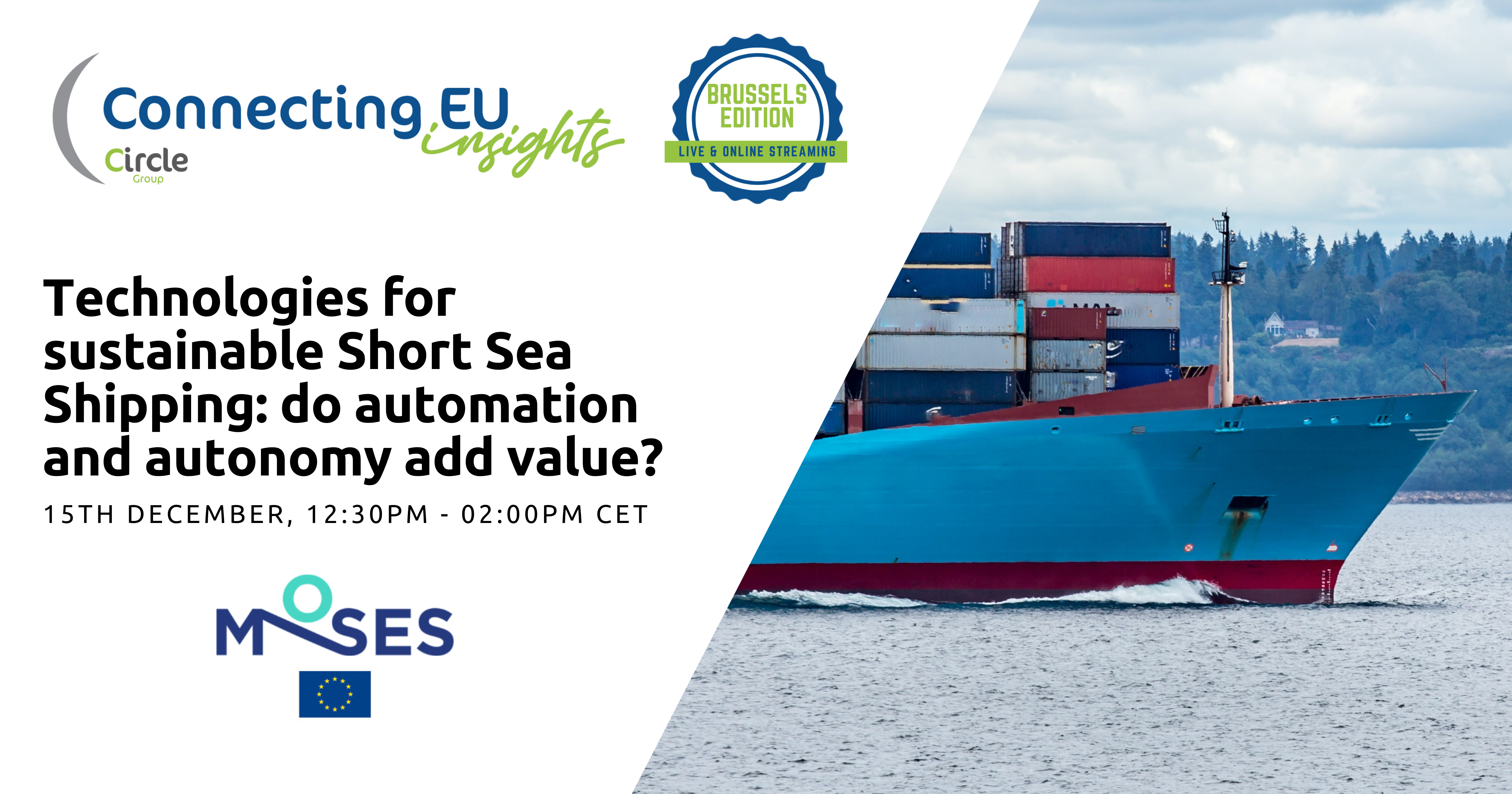
One of the goals of the European Union (EU) is to create a sustainable and efficient transportation network by 2050 with the Trans-European Transport (TEN-T) Network policy, which attempts to integrate all transportation modes [1] . One of the core objectives of this policy is the minimisation of the transportation environmental footprint by shifting cargo from carbon-intensive, land-based modalities to more efficient modes [2]. Within this context, Short Sea Shipping (SSS) plays a key role in achieving the EU targets due to its ability to transport cargo cost-effectively and with a reduced environmental footprint. It, also, has a strong dynamic as the total gross weight of goods transported by EU SSS is estimated at almost 1.8 billion tonnes in 2019, while this segment made up 60 % of the total sea transport of goods to and from the main EU ports in 2019 [3].
However, road and rail are still preferred in many cases over SSS due to barriers related to infrastructure availability, lack of door-to-door delivery, integration with other transportation modes, complex cost structure, and delays related to logistics planning. To overcome these barriers, the EU is starting to think differently by attempting to exploit the benefits of high levels of automation/autonomy. Disruptive technologies that enable automation and autonomy have been recently receiving a lot of attention, in part, due to their strong potential to revolutionise the landscape of the maritime industry and make it more efficient and sustainable.
To this end, MOSES project organised a session entitled ‘Technologies for sustainable Short Sea Shipping: Do automation and autonomy add value?’ in the context of the Connecting EU insights, on 15th of December 2021 at 12:30-14:00 CET.
This session aimed to highlight how autonomous and automated technologies can provide an added value to the intra-European waterborne transport and more specifically to its SSS component. The session focused on showcasing the added value of the MOSES innovations, which will cover:
-Autonomous cargo handling for (un)loading containers, which is expected to stimulate the participation of small ports with limited or no cargo handling infrastructure in the supply chain.
-The autonomous manoeuvring process of large containerships in hub ports, which is expected to increase the efficiency and safety of manoeuvring as well as considerably reduce the environmental footprint within port limits.
-The efficient interaction between key actors of the maritime supply chain, through effective handling of the changing freight flows, and boosting last-mile/just-in-time connections among the transport modes and backhaul traffic.
Special focus will be also given to the market and business potential of the aforementioned innovative technologies.
More information about the event can be found here.
SPEAKERS
Meet session speakers:
PRESENTATIONS
Smart Shipping: Perspectives & Challenges, Prof. Rudy Negenborn (TUD)
MOSES at a glance, Prof. Nikolaos Ventikos (NTUA/NAVAL)
Remote supervisory control for robotic container handling systems, Hans van den Broek (TNO)
Autonomous tugboats for efficient, ecofriendly and safe port operations, Stefanos Kokkorikos (CORE)
Short Sea Shipping Logistics Matchmaking Platform, Giannis Kanellopoulos (NTUA/ECE)
